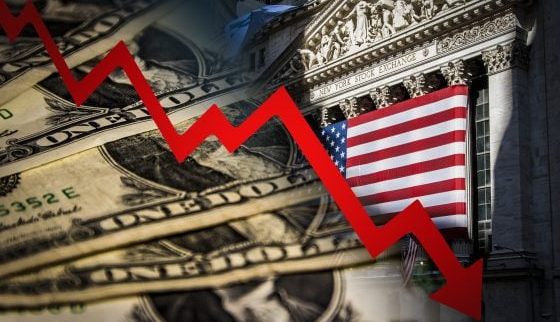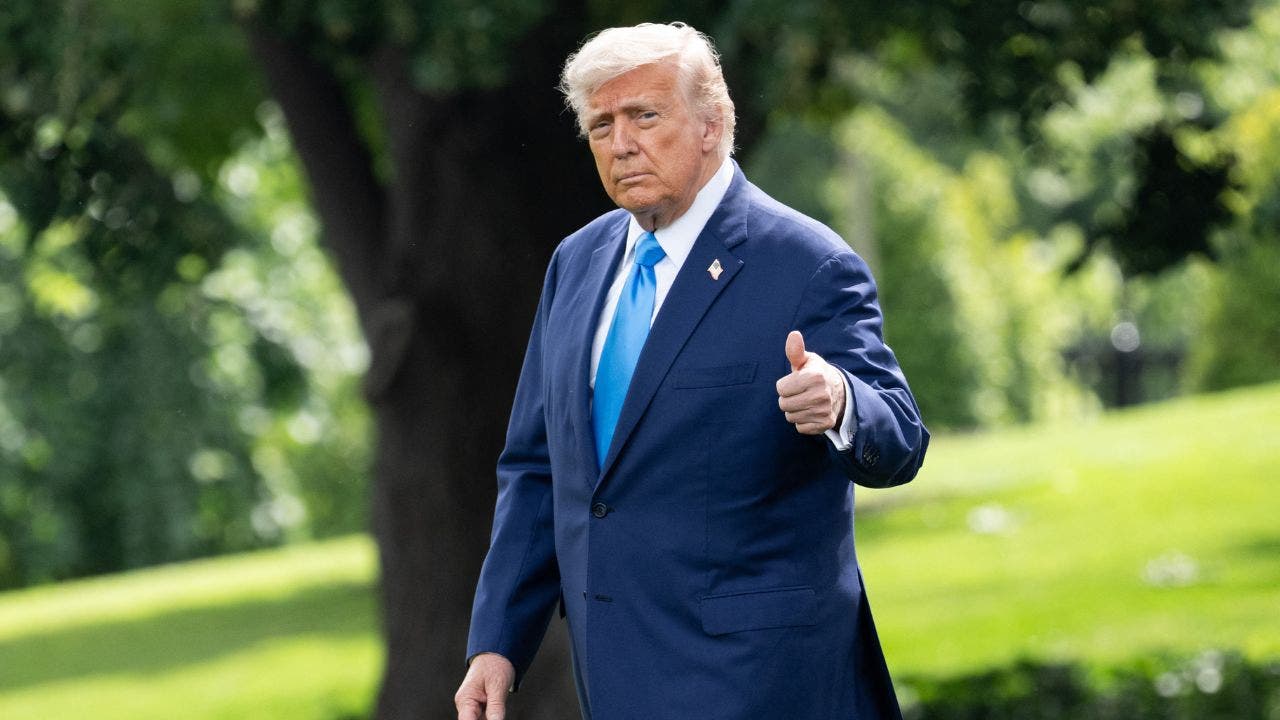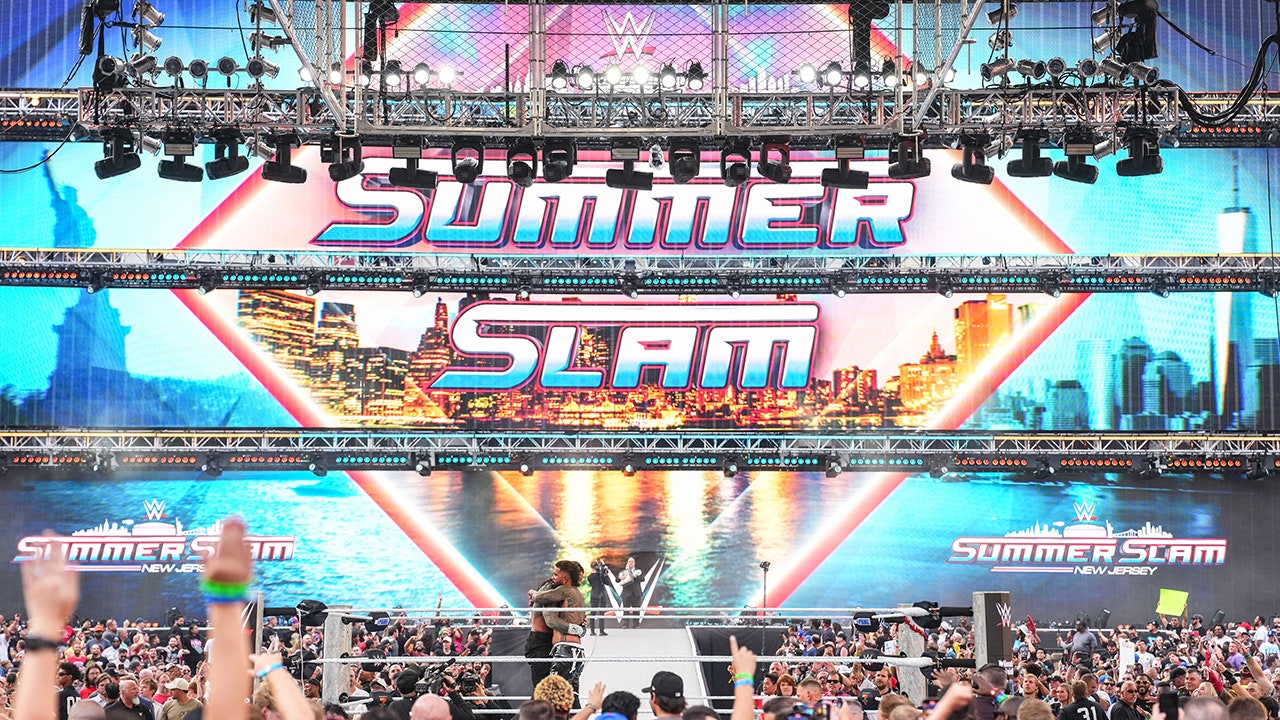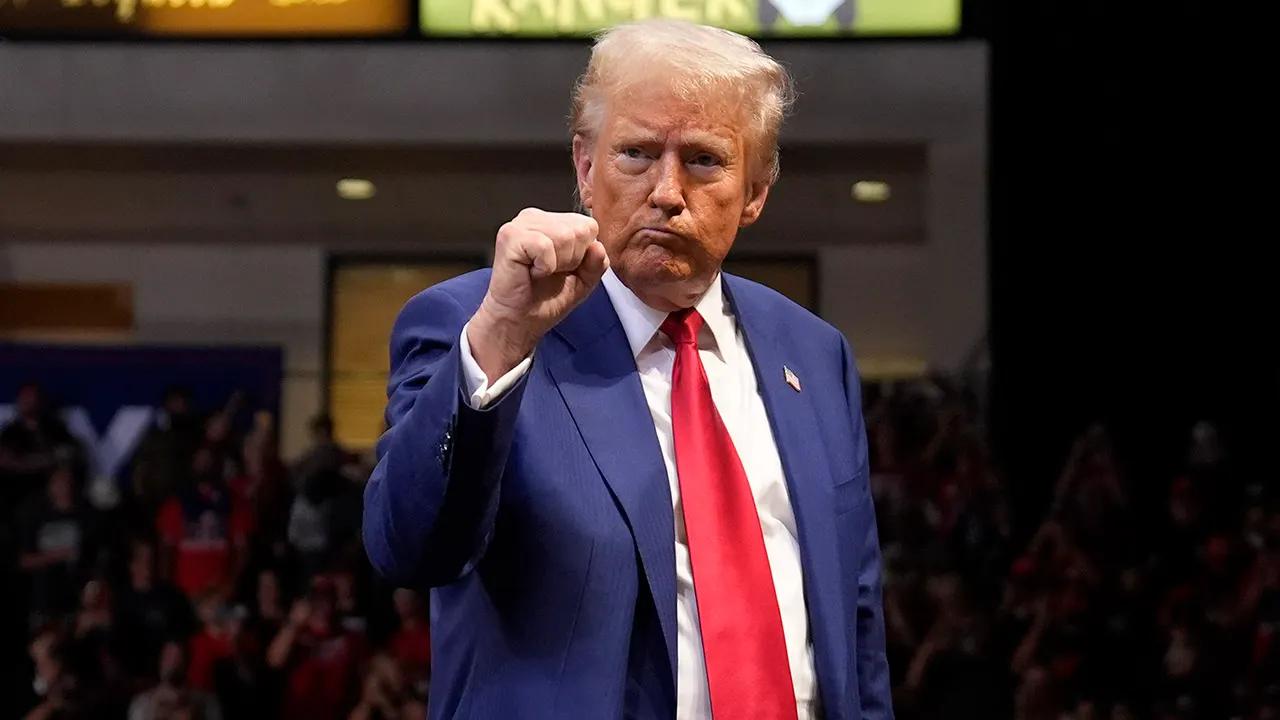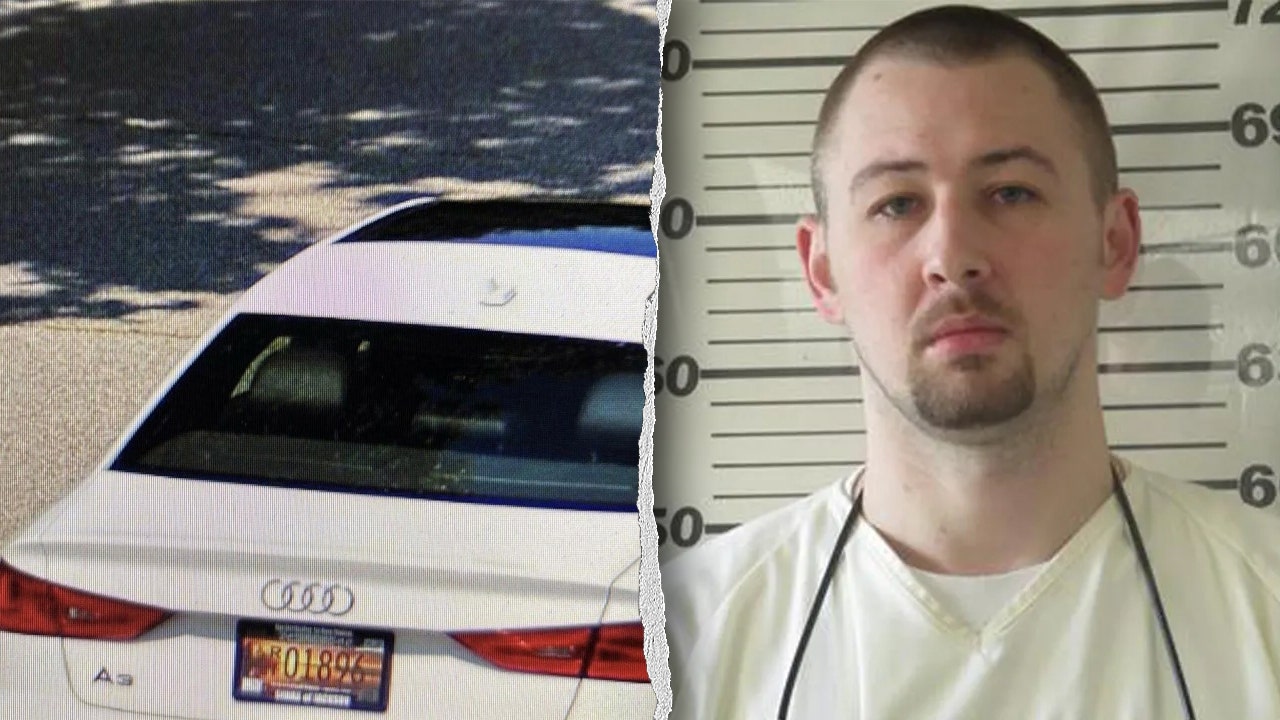I visited the University of California, Davis around the end of May at the request of concerned Jewish faculty members on the campus, which is 15 miles west of Sacramento. I wasn’t there to provoke or grandstand. I came because Jewish students and staff on that campus feel unsafe, unprotected, and unheard. And what I saw only confirmed what I’d already been told: UC Davis is a case study in unbridled anti-Semitism being let loose under the guise of “free speech,” while Jewish and pro-Israel members of the university community are expected to suck it up and accept harassment, intimidation, and worse.
UC Davis—a major research university with 40,000 students—has a well-documented anti-Semitism problem. In April of last year, the StandWithUs Center For Legal Justice (I am a board member of a division of the group) filed a formal complaint with the Biden Department of Education alleging “a pervasively hostile, antisemitic campus climate, with incidents of unlawful discrimination and harassment, for students.” Then in November, Davis was ranked as one of the country’s most anti-Jewish universities by the nonprofit advocacy group StopAntisemitism, which awarded Davis a grade of “F.”
In December 2024, the University of California system reached a pact with the DOE to take various steps to fight anti-Semitism on its campuses and submit to monitoring. Then in March of this year, the Justice Department opened a new investigation into whether the UC system allowed an anti-Semitic and hostile work environment to exist for employees.
Nevertheless, on my troubling visit to Davis this spring, it was immediately apparent that anti-Semitism remains in full force. Based on my observations, it is extremely uncomfortable to be openly Jewish or pro-Israel on campus, and the university makes no effort to mitigate this discomfort. Jews I spoke to at Davis said there is no room for openly Zionist students to operate without feeling harassed and intimidated. Meanwhile, openly hostile anti-Israel groups remain active.
Shortly after my visit, I published an article—”Davis and the Battle for Jewish Identity”—detailing my experience and sounding the alarm. I shared the piece with the university’s chancellor, Gary S. May, and cc’d several local media contacts in Davis. To my surprise, Chancellor May responded almost immediately with a warm and conciliatory message. “Antisemitism has no place here at UC Davis,” he wrote. “I have always spoken out forcefully against it. … Antisemitism is antithetical to our values. … It will not be tolerated.”
Encouraged by his tone, I responded with an email outlining some of the specific issues that contradict his lofty declarations. A few days later, he replied again, proposing a meeting for what he called a “healthy and productive conversation … with a goal of mutual understanding and shared experiences.” He even suggested including journalists from the Davis Enterprise—the local newspaper—who I’d cc’d—a clear indication that this was, at least in part, about optics.
But for a moment, I believed, or at least hoped, that this might mark the beginning of something meaningful. I replied that I was open to meeting, but made it clear I wasn’t interested in platitudes or PR. I would attend the meeting to represent Jewish students and faculty who are being actively marginalized. I listed several reasonable proposals for the chancellor: that the university should adopt the International Holocaust Remembrance Alliance’s definition of anti-Semitism, enforce basic campus policies, protect Jewish and pro-Israel students from harassment, and hold faculty accountable for incitement. These proposals were nothing radical; they were the bare minimum of what any campus committed to fairness and safety should already be doing.
And that, apparently, is when the chancellor lost interest.
Two weeks of silence followed. When I eventually followed up, I received a curt dismissal: “Rather than pursuing this invitation further, we have elected to focus on our existing engagements with our community instead.”
In other words: “Sorry, Rabbi. You weren’t the kind of Jew we were hoping for.”
Let’s be clear about what happened. Chancellor May reached out because he thought I’d be another box to check on the UC Davis DEI bingo card—a cooperative rabbi who would smile for the cameras and endorse the status quo. But once he realized I was serious—that I wasn’t going to be pacified by “Jewish advisory councils” or “Solidarity Shabbats”—he abruptly pulled the plug. The invitation to “dialogue” was never sincere. It was textbook damage control.
That’s not conjecture. That’s what happened. As I wrote to him in my final response: “The reaction to my visit and my article has made it abundantly clear that the problem is not a lack of initiatives or advisory councils, but rather a deep—very deep!—erosion of trust.”
In his reply, Chancellor May accused me of “mischaracterizing” the university’s efforts and being dismissive of “those working in good faith.” But I had never questioned his sincerity (although, in retrospect, perhaps that’s exactly the problem). I questioned his efficacy, because the students, parents, and faculty I spoke to don’t feel safe. They don’t feel supported. And they certainly don’t feel protected.
I’m tired—as are so many others—of leaders hiding behind their Jewish friendships and institutional partnerships. As I told Chancellor May directly: “The ‘some of my best friends are Jewish’ defense is beneath the dignity of an intelligent, experienced leader like you. You know better.” But evidently, this trope still plays in administrative circles.
The greatest irony of all is that Chancellor May claims to value dialogue and inclusion while shutting down anyone who dares bring uncomfortable truths to the table. He says he welcomes “respectful discourse.” But when I respectfully pointed to faculty glorifying mass murderers, masked agitators harassing Jewish students, and open calls for violence going unpunished, he recoiled. Apparently, respectful discourse is only welcome when it sticks to the script.
It’s become painfully obvious that UC Davis’s leadership is far more concerned with appearances than action. Jemma Decristo, an American Studies professor who on social media—using a butcher knife, axe, and blood emojis—threatened “Zionist journalists” in the United States and their children in a shockingly menacing post, remains on the faculty. Another American Studies professor, José Manuel Santillana Blanco, who publicly celebrated the Oct. 7 massacre, was hired post facto with full knowledge of his views. He holds the prestige-sodden title of “University of California President’s and Andrew W. Mellon Foundation Postdoctoral Fellow.”
Meanwhile, Jewish students are heckled and harassed by bullhorn-wielding protesters. The university’s response? They issue a statement and form another council. Indeed, in response to detailed questions from the Washington Free Beacon regarding Davis’s disciplinary actions—or lack thereof—in response to anti-Semitic incidents on campus, a Davis spokesman answered vaguely, saying the school “unequivocally denounce[s] antisemitism” and “fully embrace[s] the goal of combatting it” through efforts like “enhanced training and education on antisemitism across our campus.”
That’s not leadership. That’s abdication.
In the real world, if your house has rats, you don’t form a Rodent Advisory Committee. You call an exterminator. You get serious.
History will judge those who went through the motions—convening task forces and issuing statements—while failing to protect the vulnerable. It will also judge those who had the chance to act with moral clarity and chose instead the safety of bureaucracy. Chancellor May had that chance, and he declined to act. That was his choice.
But don’t mistake silence for resolution. The problem hasn’t gone away. And Jewish students at UC Davis remain at risk.
Let me be crystal clear: This isn’t about me. I’m not a student or faculty member at UC Davis. But I am a rabbi. I am a Jewish leader. And I will not remain silent when young Jews are being marginalized, harassed, and endangered. I will not pretend that “dialogue” is enough. And I certainly won’t be flattered into complicity by a charm offensive that vanishes the moment real change is requested.
I came to UC Davis to speak with Jewish faculty and students. I left with a crash course in how some institutions perform responsiveness—while doing absolutely nothing to change.
And that, perhaps, is the real scandal.
Rabbi Pini Dunner is the senior rabbi at Beverly Hills Synagogue and a board member of RabbisUNITED, a division of the pro-Israel organization StandWithUs.
Read the full article here
